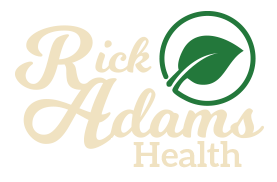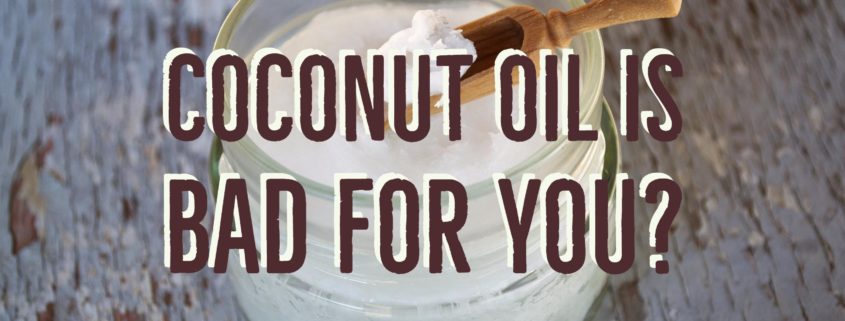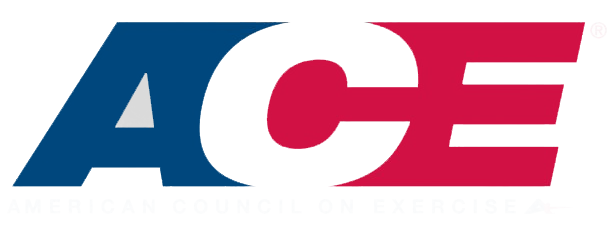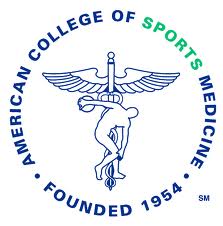Wait, Coconut Oil is BAD for You?
The AHA (American Heart Association) recently published an article claiming that coconut oil is not part of healthy eating habits. This announcement has come as a surprise to many that consider coconut oil to be a healthy alternative to other food items like butter or margarine. If you search enough, articles about the wonders of coconut oil range from weight loss, heart health, skin moisturizer, and even hair conditioner. So why has the AHA come out and made these claims telling individuals to avoid coconut oil? How can a natural food item be detrimental to one’s health? Let’s look more closely into the AHA’s claims on coconut oil.
The claim the AHA is making is actually fairly simple; they are stating the fact that coconut oil is high in saturated fat. Yes, that is very true. Saturated fat is often referred to as the “bad fat,” while unsaturated fat is often known as the “good fat”. The container of organic coconut oil I have contains 14 grams of total fat, which is made up of 13 grams of saturated fat and only 1 gram of unsaturated fat. That is a large proportion of saturated fat.
Fats Impact on Heart Health
Saturated fat is considered “bad” because it has often showed in scientific tests to raise the LDL (Low density lipoprotein) cholesterol in the body. When the LDL cholesterol is much higher than the HDL (High density lipoprotein) cholesterol, which raises the risk of heart disease. This can result in plaque building up in the lining of blood vessels. If the plaque interrupts the flow of blood enough, then a heart attack can occur. If some of the plaque breaks off and travels through the bloodstream, it can cause a stroke.
Possible Benefits of Coconut Oil
It may seem fairly cut and dry that coconut oil is bad, but some coconut oil advocates are not convinced, stating that the type of saturated fat in coconut oil is still actually good for them. Look at any container of coconut oil and it will likely boast that it is high in MCT’s (Medium chain triglycerides) and high in lauric acid. This starts to get into the area of chemistry, but the question remains, is coconut oil bad for you?
Personally, I enjoy the taste of coconut oil but I would recommend it in moderation. Do I believe it is a miracle food that should be cooked with and slathered on many of your meals? Not really. If you use coconut oil for hair or skin care, feel free to continue as it will not impact your health negatively. Foods that have large amounts of saturated fat like coconut oil have been shown to negatively impact heart health, a particular area of health I study closely. Will future research give us a definitive answer on this coconut question? Possibly. I would not say to cut out coconut oil altogether from your diet, but from the current research, I would say it is best to use it sparingly.

CHES, ACE Health Coach, AFPA Nutrition & Wellness Consultant





